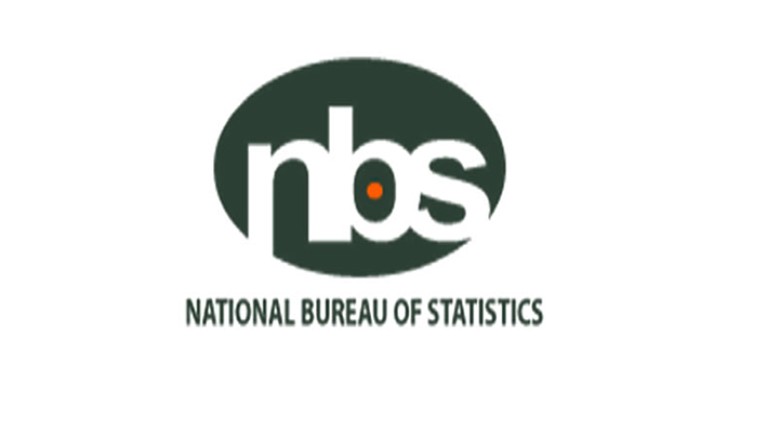Experts say Silicon Valley prioritizes profits over AI research, safety
Silicon Valley, once known for pioneering artificial intelligence research, is undergoing a seismic shift.According to industry experts cited by CNBC, tech titans such as Meta, Google, and OpenAI, which were previously known for funding cutting-edge research and fostering open academic collaboration, are now focussing on commercialisation over exploration.
The pivot started with OpenAI's release of ChatGPT in late 2022, which sparked a race to provide consumer-ready AI services.
Analysts predict that the AI market will generate $1 trillion per year by 2028, prompting companies to focus on profitable products rather than academic papers.
This shift has undermined the open-sharing culture that once defined AI research, with companies now guarding breakthroughs to gain a competitive advantage.
However, the rush to market has raised concerns. Industry insiders warn that tech behemoths are skimping on safety testing for AI models in order to stay ahead in the race for artificial general intelligence (AGI)—technology that matches or exceeds human capabilities.
James White, the CTO at cybersecurity startup CalypsoAI,
Newer AI models are said to prioritise performance over security, making them more vulnerable to malicious prompts.
This could allow bad actors to obtain sensitive information or instructions for harmful activities like building explosives.
"The models are getting better, but they're also more likely to be good at bad stuff," said White, whose firm audits the safety and security of popular models from Meta, Google, OpenAI, and other companies. "It's easier to trick them to do bad stuff."
Experts point to clear shifts in AI priorities at Meta and Alphabet.
According to current and former employees, Meta GenAI has overshadowed Meta's Fundamental Artificial Intelligence Research Unit.
Meanwhile, Alphabet's Google Brain has merged with DeepMind, which now oversees AI product development at the company.
Experts have noted that workers are becoming increasingly stressed as development timelines tighten.
This emphasises the importance of companies releasing new models and products quickly in order to remain competitive.
Some people spoke anonymously because they lacked the authority to comment publicly, implying that the topic is sensitive, possibly due to internal corporate policies or strategic concerns.
When Joelle Pineau, Meta's vice president and head of the FAIR division, announced her resignation in April, many former employees were unsurprised. They interpreted it as a clear indication that the company was shifting away from AI research and towards developing practical, product-driven AI applications.
"Today, as the world undergoes significant change, as the race for AI accelerates, and as Meta prepares for its next chapter, it is time to create space for others to pursue the work," Pineau wrote on LinkedIn, adding that she will officially leave the company on May 30.
Pineau assumed leadership of FAIR (Facebook AI Research) in 2023.
FAIR was founded approximately a decade ago with the goal of addressing difficult computer science problems typically pursued in academic settings.
Yann LeCun, a key figure in the development of modern AI, was the project's initial leader and used research methodologies learnt at AT&T Bell Laboratories to shape its direction, according to former Meta employees.
























Leave A Comment